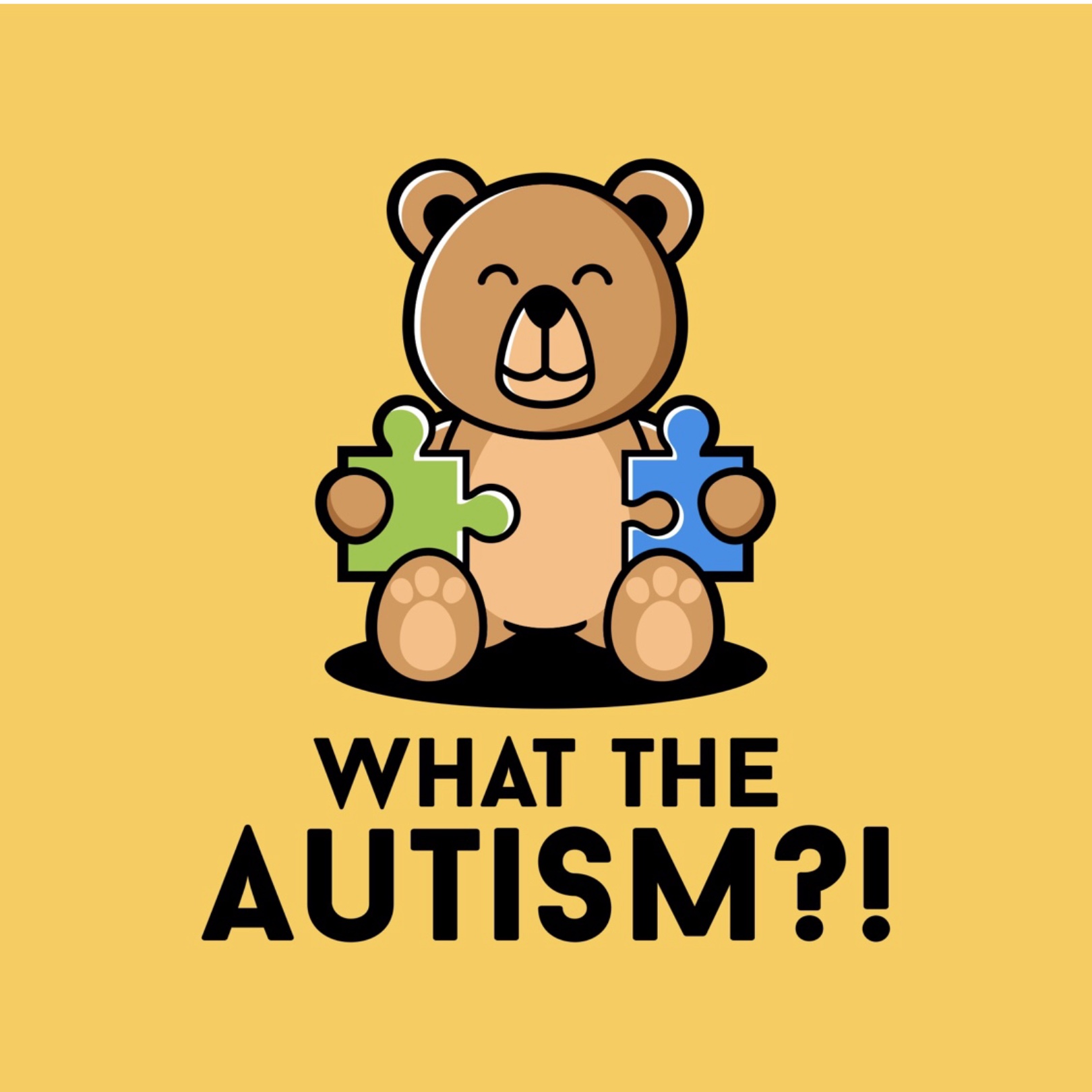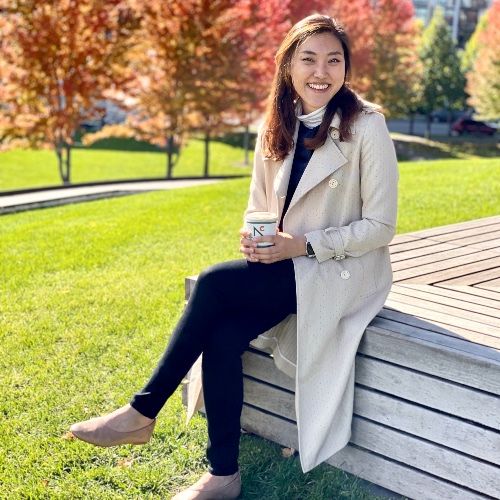Creating an Inclusive Community
Intro: Welcome back to another episode on “what the AUTISM?!” This podcast is for anyone who is struggling with understanding what autism is and how we can better empower our autism community through research proven methods. In each episode, I will be sharing with you ground-breaking research and how the diagnosis of autism can often be misunderstood. If you are a new listener to our podcast, I highly recommend you start from episode 1 to catch you up to speed on various terminology and concepts! Now let’s get started…
During the last couple of episodes, I’ve been pushing hard on early intervention and getting your child assessed as soon as you notice any possible signs of an autism diagnosis. But today, I wanted to talk about the flip side and society’s role in all of this. What is our responsibility as fellow community members? In what ways can we fight for more autism awareness and promote inclusivity within our education system and within our community places?
There was a research study (https://www.sciencedaily.com/releases/2021/02/210208085441.htm) published in January 2021 that investigates whether reducing biases about the autism diagnosis would help facilitate and promote social inclusion. Individuals with autism experience different struggles. Movies/tv shows have boxed individuals with autism as one specific stereotype...typically they were white males that are socially awkward but intellectually gifted and brilliant. While this may be true for some, this is DEFINITELY not true across all. The autism diagnosis affects every individual in a different way. The variance across skill sets, communication styles, behaviors are all quite broad. There is a common quote that gets tossed around within this field and that is “if you've met one autistic person, you've met one autistic person.”
In the research study we’ll be reviewing today, Dr. Desiree Jones led a study where 238 non-autistic adults were split into 3 groups: the first group completed an autism acceptance training that focused on factual information and engaging first-person narratives, the second group completed a general mental health training not mentioning autism, and the last group had no-training which served as the control group. The participants then responded to various surveys that assessed their knowledge on autism, the stigma, and their impressions of autistic adults, and completed a novel implicit association task about autism.
The study found that the participants in the autism acceptance training condition reported more positive impressions of autistic adults, demonstrated fewer misconceptions and lower stigma about autism, endorsed higher expectations of autistic abilities, and expressed greater social interest. These findings suggest that the autism acceptance training program increased autism knowledge and familiarity among non-autistic people, which resulted in reduced explicit biases towards the autism diagnosis.
One of the co-authors of this research study, stated that "it's not easy to be autistic in a predominantly non-autistic world, and making the social world a bit more accommodating and welcoming to autistic differences could go a long way toward improving personal and professional outcomes for autistic people.” So this comes to the question of what are YOU doing to better understand the autism community and to stay informed. As the prevalence rate of autism continues to spike, more and more children in our education system are needing special education services. As a professional that’s worked with a wide spectrum of this autism diagnosis, the hardest part of my job is working through a treatment plan out in the community or in school settings and having strangers and other children stare at and judge the child and parent like spectators on reality tv. Even with the kindest of intentions, this type of behavior can often times make families feel like they’re being pushed into a corner that society has labeled with negative connotation as “different.”
Your child may be the one in fifty-four children that are being diagnosed with autism, or your child may be the seat partner of a peer that is autistic. Regardless of where you and your child stand on this spectrum, I urge everyone to take some time to get to understand more about autism. On my podcast channel, I’ve reviewed the basics of the autism diagnosis so if you haven’t had the chance to hear my previous episodes, I recommend you take a few minutes to go through and listen to some key important things to know about autism, the proper treatment, and how you can contribute to being a part of an inclusive community. Let’s pave the way for our future generation of children to be a part of an inclusive community and education system.
Ending: If you’d like to review the research study that we discussed on today’s episode, the article will be posted on our Facebook page. But this concludes another episode here at What the Autism. If you have any specific questions or concerns you’d like me to cover in future episodes, or you’d like to connect with me on today’s topic, please reach out to us through any platform. Our Facebook page and Instagram handle is @whattheautism and our email address is whattheautismpodcast@gmail.com. We upload a new episode on your favorite podcast platform every Wednesday. Please note that this podcast has been created to discuss my personal experiences and opinions and is not a means of medical or psychological recommendations. But if you enjoyed this podcast, please make sure to follow and subscribe to our podcast channel, and I’ll see you in episode 15.

